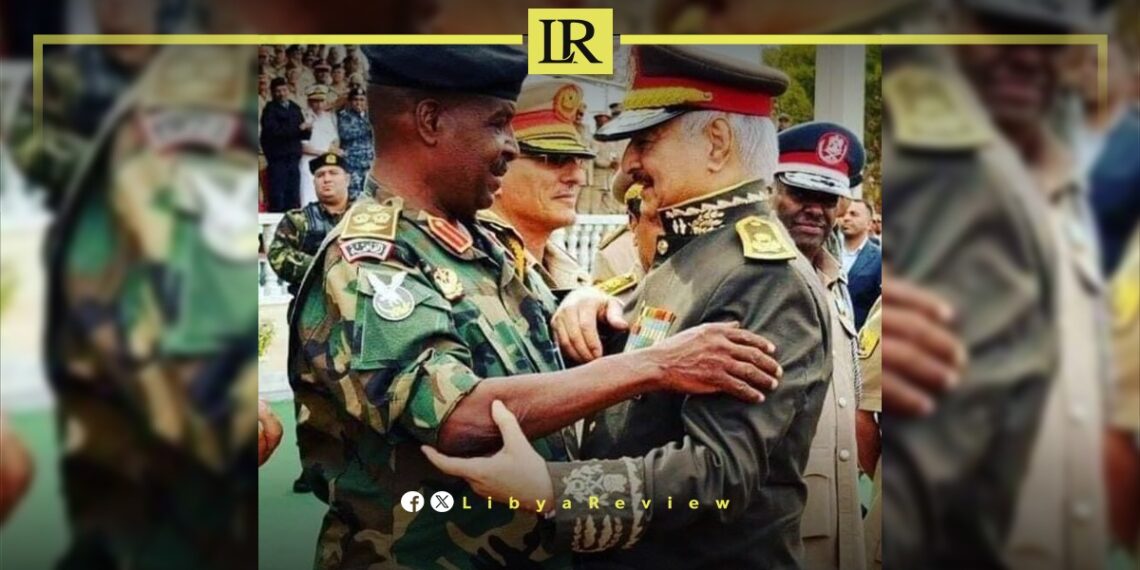Libya faced a challenging period following the events of February 2011. The collapse of state institutions, particularly the military, left the country vulnerable to militias and extremist groups, including ISIS and al-Qaeda.
As Libya became embroiled in the Arab Spring in 2011, Libyans dreamt of a democratic state where they could enjoy their wealth. However, their dreams turned into nightmares as militias and extremist groups took control, plundering resources and committing numerous crimes, from suicide bombings to assassinations, claiming the lives of hundreds of innocent citizens.
These dire conditions persisted until May 16, 2014, when Field Marshal Khalifa Haftar launched “Operation Dignity” to liberate Benghazi from terrorist organisations. This operation marked a turning point in the Libyan landscape.
The operation was sparked by several factors, chief among them the mass protests by citizens demanding the country be saved and terrorism eradicated. Responding to the Libyans’ call, Field Marshal Haftar, in collaboration with senior military leaders of the Libyan National Army (LNA), set out to liberate eastern and southern Libya.
Assassinations were another key factor prompting Libyans to demand military intervention. Before Operation Dignity, militias committed numerous assassinations. In July 2013, Human Rights Watch reported the assassination of 51 political figures in the largest wave of assassinations in Benghazi and Derna.
One of the most significant assassination incidents was the killing of U.S. Ambassador Christopher Stevens. On September 11, 2012, the extremist group Ansar al-Sharia attacked the U.S. consulate in Benghazi, resulting in Stevens’ death and causing a major uproar in the city.
The “Black Saturday” events in Benghazi on June 8, 2013, were among the most tragic incidents before Operation Dignity. Militias from Libya Shield, led by Wissam Bin Hamid, targeted crowds of protesters demanding the departure of armed and extremist groups from the city and the handover of their bases to special forces. The militias opened fire on the peaceful demonstrators, killing around 40 and injuring 154.
Operation Dignity was launched with widespread popular support and lasted for three years. Initially, military operations focused on the wounded city of Benghazi, which was liberated in 2017. This was followed by the liberation of the Oil Crescent region and then Derna, which had been under terrorist control for several years.
The military campaign concluded in 2018 with the cleansing of eastern and southern Libya. The LNA reactivated security agencies, ending the chaos that had gripped the country and dismantling alliances of terrorist groups, including the Shura Council of Benghazi Revolutionaries and the Mujahideen Shura Council of Derna, which comprised ISIS, al-Qaeda, Ansar al-Sharia, Libya Shield, and others.
On the 10th anniversary of Operation Dignity, Field Marshal Khalifa Haftar, Commander-in-Chief of the Libyan National Army, described it as a lesson to anyone who underestimated the Libyan people’s resolve and strength. He declared that Operation Dignity deserved to be called the “Dignity Revolution” due to its historic achievements in Libya.
Field Marshal Haftar emphasized the continued commitment of the Libyan Armed Forces to overcoming difficult circumstances to develop the military and protect the nation, paying tribute to the martyrs who sacrificed their lives for the homeland.


